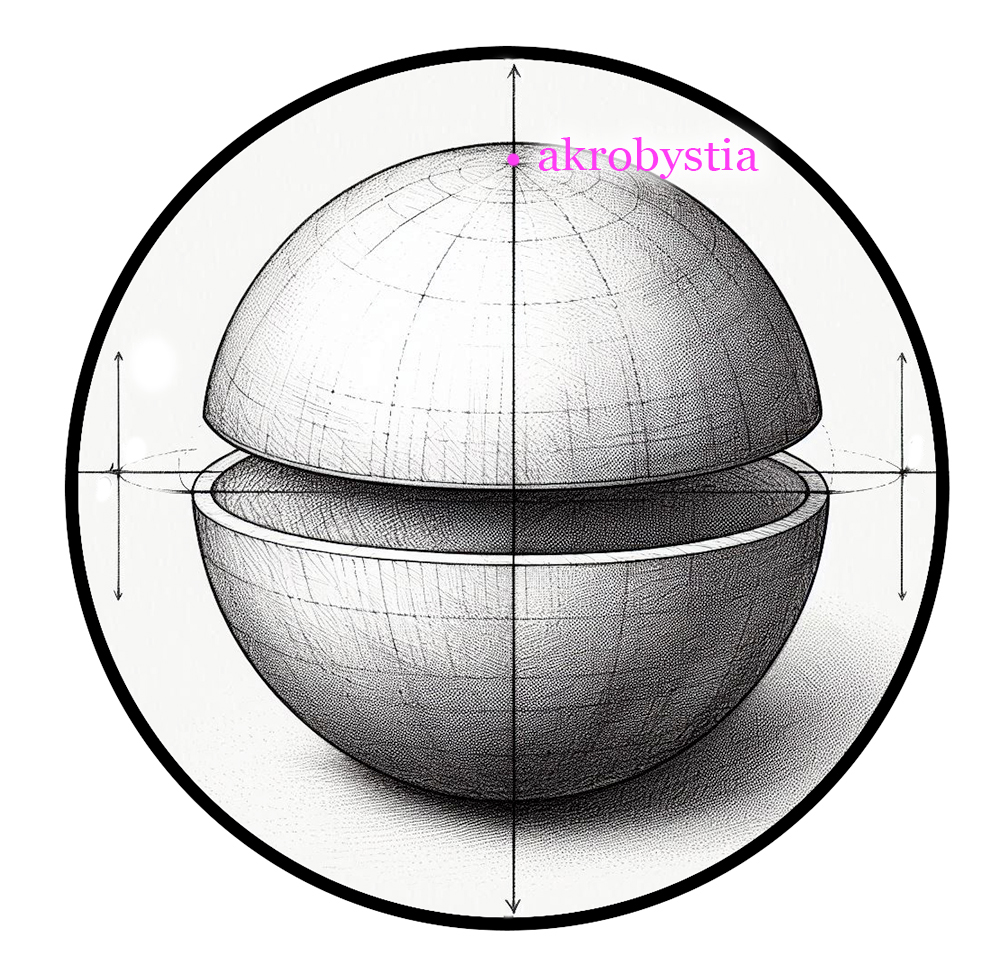 Galatians 2:7
Galatians 2:7

|
Strongs 235
[list] Λογεῖον Perseus alla ἀλλὰ but Conj |
|
Strongs 5121
[list] Λογεῖον Perseus tounantion τοὐναντίον on the contrary Adv-C |
|
Strongs 3708
[list] Λογεῖον Perseus idontes ἰδόντες those who have perceived V-APA-NMP |
|
Strongs 3754
[list] Λογεῖον Perseus hoti ὅτι that Conj |
|
Strongs 4100
[list] Λογεῖον Perseus pepisteumai πεπίστευμαι I have been trusted with V-RIM/P-1S |
|
Strongs 3588
[list] Λογεῖον Perseus to τὸ the Art-ANS |
|
Strongs 2098
[list] Λογεῖον Perseus euangelion εὐαγγέλιον glad tidings N-ANS |
|
Strongs 3588
[list] Λογεῖον Perseus tēs τῆς the Art-GFS |
|
Strongs 203
[list] Λογεῖον Perseus akrobystias ἀκροβυστίας uncircumcised one N-GFS |
|
Strongs 2531
[list] Λογεῖον Perseus kathōs καθὼς just as Adv |
|
Strongs 4074
[list] Λογεῖον Perseus Petros Πέτρος Small Stone N-NMS |
|
Strongs 3588
[list] Λογεῖον Perseus tēs τῆς the Art-GFS |
|
Strongs 4061
[list] Λογεῖον Perseus peritomēs περιτομῆς circumcision N-GFS |
ἀκροβυστία akro-bystia - "Crest depth"
But on the other hand, those who have perceived that I have been trusted with the Gospel of the End Depth,3 just as Small Stone, the Cutting Around.
But on the contrary, having seen that I have been entrusted with the good news of uncircumcision, as Peter of circumcision;
but on the contrary, seeing that I have been entrusted with the gospel of the uncircumcision, even as Peter to the circumcision,
Error retrieving verse.
Footnotes
| 3 | The Akro-Bystia Strong's #G203 ἀκροβυστία akro-bystia. "head depth, peak depth, deep point" This is a word modified from the normal Classical Greek ἀκροποσθία akro-posthia (tip of foreskin) because posthia/peos (ποσθία/πέος) referred to the male penis and/or foreskin. The first part ἀκρο "akro" means "end, farthest point, tip, limb, extremity, rim, crest." It also can mean "citadel built on a steep rock overhanging a town."
Absent any signification in this compound for the male "membrum virile" we are left with βυστία bystia. What is this? No one seems to know, and the assumption was that it came from a different pronunciation of "posthia." There does seem to be a word play here pos-thia vs. bys-tia. The prefix βύσ- in Greek is often associated with depth or something deep. This understanding helps clarify the meaning of βύστος/βυστία in this context. It is the prefix that forms "Abyss" ἄβυσσος (ábyssos) usually translated as "the Deep." The Diccionario Griego-Español (DGE) provides a brief and uncertain meaning of the word βύστος (bystos), suggesting that it might mean "submerged in the depths" and notes its association with the term "καμπτός" (bent, curved) and its heavy-sounding nature, as explained in the context of the name "Ἥφαιστος" (Hephaestus) (cf. DGE βύστος). Strongs #G899 βάθος is a word meaning depth and is used in either direction: depth, height — (accusative, as measured down or up) as in "deep into the mountain" and hence, Ω (omega) depth of the riches! Also of wisdom and knowledge... (Romans 11:33 RBT) the deep ones of the God. (1 Corinthians 2:10 RBT) If the author were really after "uncircumcision" he could easily have used ἀπεριτομῆς "without circumcision/cutting around." |